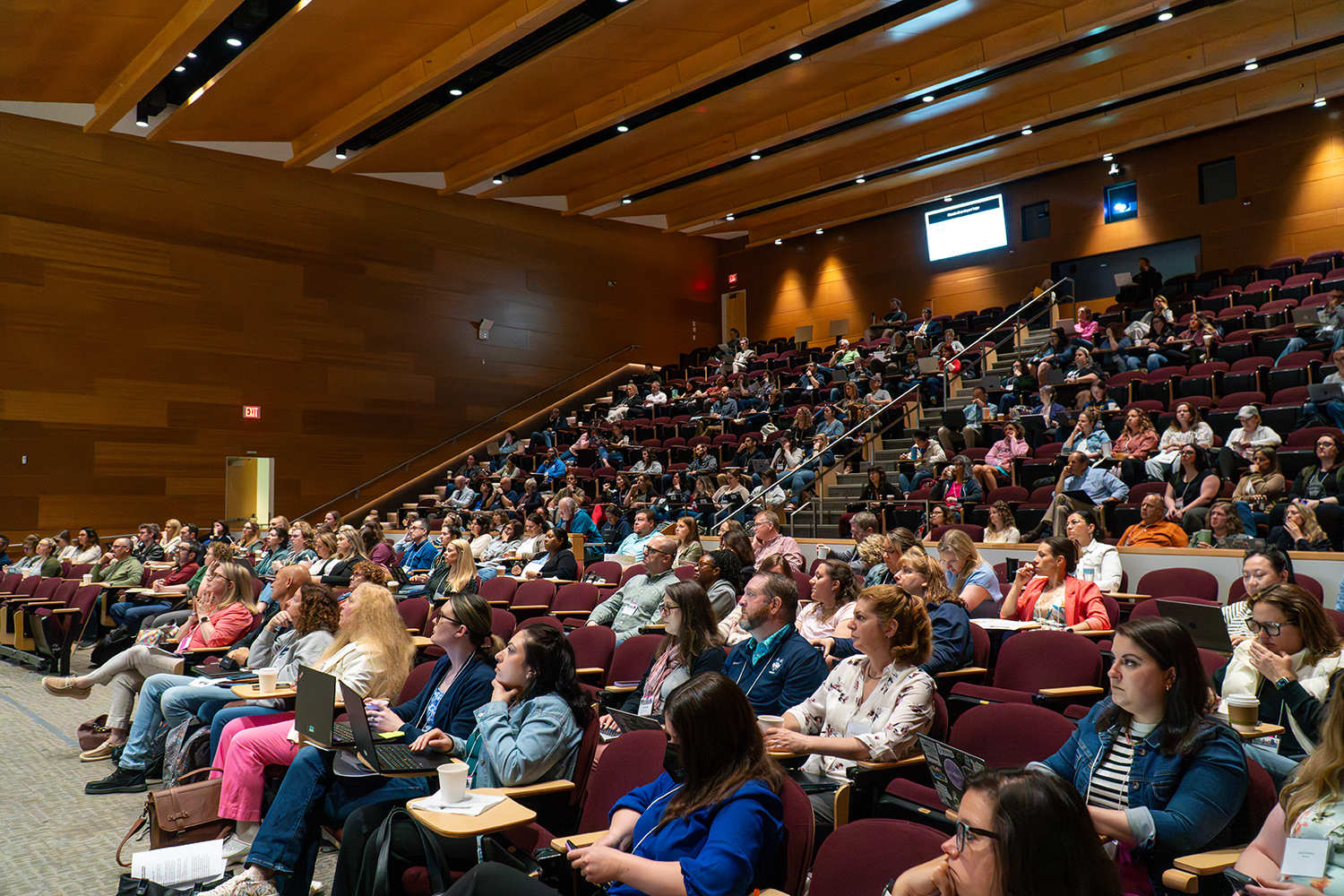When the UConn School of Pharmacy moved to its current location in the summer of 2005, it was a welcome change for faculty and students.
The amenities of the offices and laboratories were all new, and represented a significant upgrade from the building on Fairfield Way that the school had occupied for nearly half a century. But something had been left behind. And over the ensuing years, it was missed.
On Saturday, Sept. 8, at 1:30 p.m., the School of Pharmacy will celebrate the return of that feature when it dedicates a new medicinal plant garden at the Pharmacy-Biology Building.
The garden brings us literally to the roots of pharmacy in how drugs were originally produced. — James Halpert
“The garden is a unifying symbol for the School of Pharmacy, like Jonathan is for all of us at UConn,” says James Halpert, dean of the School of Pharmacy. “The garden brings us literally to the roots of pharmacy in how drugs were originally produced.”
The new garden will be located on a grassy area adjacent to the west entrance of the building, near the end of Auditorium Road. Design work is complete, and the garden is expected to be mostly planted by November.
Like the medicinal plant garden that was located in a courtyard outside the previous building, this garden will serve as a teaching resource about drugs derived from medicinal plants. Pharmacognosy, the study and development of drugs that are based in nature, is an important and growing field. Researchers such as Marcy Balunas, associate professor of pharmaceutical science, are active in the field.
Selected by the University master gardener based on the flora in the former garden, plantings in the space will feature informational signage to educate visitors on their multiple medicinal uses. Plants will include perennials, bushes, and trees of various heights and textures, and will offer four-season interest.
Additionally, the garden will reinforce the goal of creating wayside destinations, which is part of the Campus Master Plan. “People are always drawn to green spaces,” says Halpert. “There is a serenity and calmness that makes you feel good. It’s going to bring joy and relaxation to all members of the community.”
The first garden served as a source of great pride and emotion for pharmacy students and something they looked forward to visiting on return trips to campus as alumni, according to Barbara Deptula ’78 (PHR).
“It was a place to escape and sit with colleagues and friends,” says Deptula, who is helping lead the fundraising effort to plant a new medicinal garden. “It was a secret place to hang out. Looking back, the garden left many memories. I don’t remember much about the building, but I remember the garden.”
Mark Brackett ’78 (PHR), a classmate of Deptula’s, has also been a key part of the fundraising for the new garden. Both will participate in an alumni event in the fall, as part of the 40th anniversary of their graduation.
“It was interesting how our class gelled,” said Brackett. “Pharmacy students spend all their time together without any students from other schools and colleges, especially the last few years. We take every class together and we take every exam together. Everything clicked with that class and we are still very close.”
Deptula and Brackett both enjoyed successful corporate careers. Deptula retired as executive vice president and chief corporation development officer at Shirer Pharmaceuticals Inc., after serving as president of biotechnology at Sicor Pharmaceuticals. Brackett had a 40-year corporate career and launched several successful companies.
Pharmacy majors can choose many different career paths nowadays. But even as the School of Pharmacy has continued to grow over the years, graduating new crops of students, the mission of this field of study has remained the same.
“What people do with a pharmacy degree has changed over the years,” says Halpert, “but the core of the profession is still about understanding medications.”



